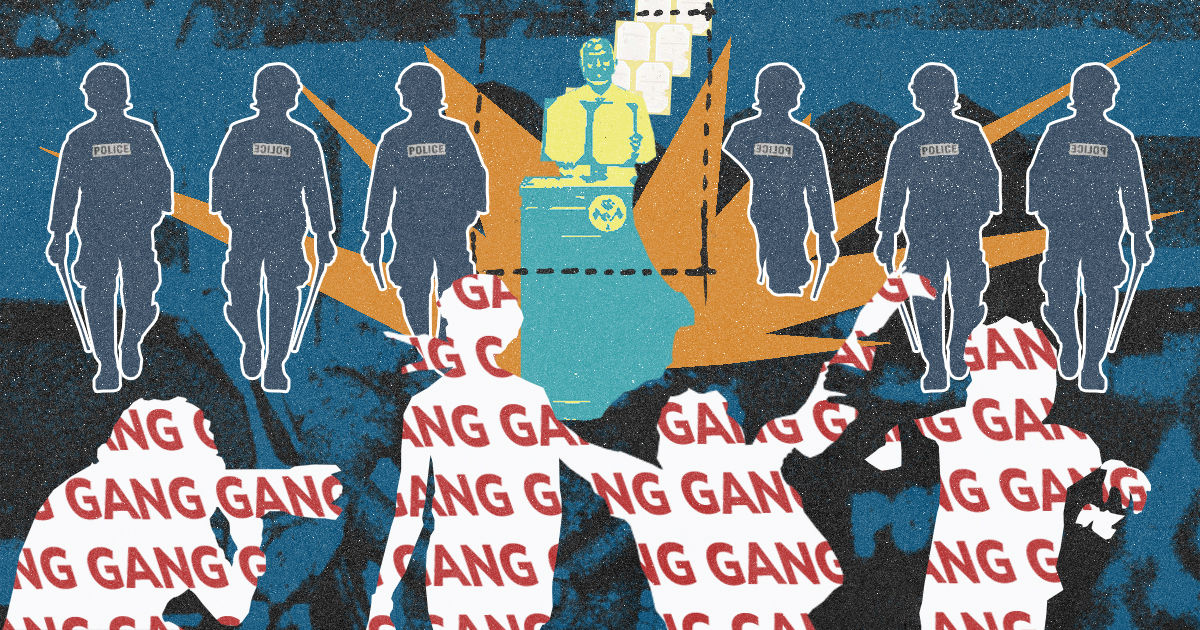From warrantless searches to asset seizures: inside the new Maldives gang law
A breakdown of the 103-page Act's key provisions.

Artwork: Dosain
Defining organised and other serious crimes, including illicit enrichment, and providing punitive measures in law.
Granting “special powers” to enforcement agencies to take action against perpetrators and suspects.
Preventing and removing children and adolescents involved in organised crime and enabling measures for reintegration to society.
Providing measures to “monitor and control” individuals affiliated with organised crime.
Drug trafficking (17/2011 Drug Act)
Human trafficking (12/2013 Human Trafficking Prevention Act)
Sale of banned items or products
Forgery of “valuable” items (penal code 310)
Dangerous crime
Violent crime that carries a prison sentence of more than 10 years
Discussion
No comments yet. Be the first to share your thoughts!
No comments yet. Be the first to join the conversation!
Join the Conversation
Sign in to share your thoughts under an alias and take part in the discussion. Independent journalism thrives on open, respectful debate — your voice matters.




